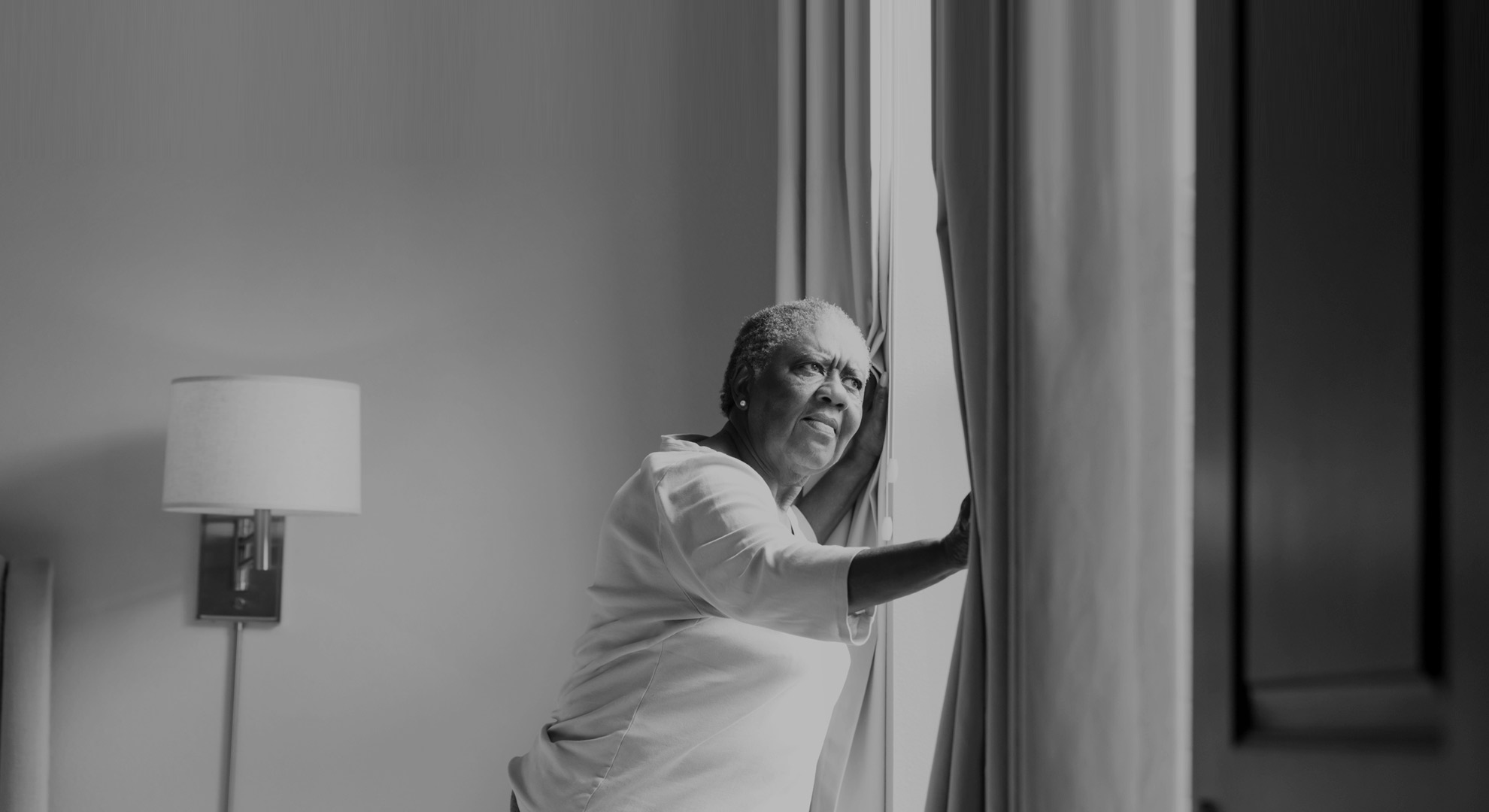
Isolation Risk Assessment Results
Learn more about the negative consequences of isolation and take steps to strengthen your social connections.
Do you participate in social activities or organized groups at least once a week, either virtually or in-person?
It’s important to build and maintain friendships, especially as we grow older. One way to do that is to stay involved in hobbies and activities that interest you. Try to participate at least once a week in a group activity that’s meaningful to you, or try something new. Even now, while people are practicing Social Distancing and in-person acitvities might not be possible, there are ways to connect digitally and participate in hobbies and activities virtually.
Do you see or talk to a family member or a friend at least once a week?
It’s important to spend time regularly with people we care about. If you find yourself thinking about a family member, give them a call just to say “hi.” You can also set up a regularly scheduled phone call or video chat — even if it’s just to talk about your favorite TV show or sports team.
Do you provide frequent care to someone who needs help with everyday tasks like grocery shopping, preparing meals, and getting to appointments?
Caregiving can be both stressful and isolating. Be sure to take time for yourself, and stay connected to your social circle. And don’t be afraid to ask for help! The Connect2Affect database and AARP’s caregiving website can point you toward local resources to help you get the support you need.
Under normal circumstances, do you ever have trouble finding transportation to get where you want to go?
Social distancing means you may not be going anywhere right now, but it’s still important to be able to get where you need to go. You can search for volunteer transportation providers in your community via the Connect2Affect database or a search engine such as Google. If public transit exists in your area, call to ask about options for older riders.
Is it difficult or impossible to leave your home without assistance?
Don’t be afraid to ask for help. If leaving your home is simply too challenging, many communities offer friendly phone calls or grocery delivery. Search Connect2Affect for resources in your area. Some programs can even help make changes to your home, like adding a ramp to your front entrance. There are community programs, such as paratransit or volunteer transportation providers, that can help you get where you need to go.
Do you avoid socializing because it’s hard for you to understand conversations, especially when there’s background noise?
If you’re having trouble understanding conversations, sounds seem muffled, or you have to turn the volume higher when listening to music, TV or the radio, you may be experiencing hearing loss. Untreated hearing loss can keep us from engaging with others, leading to isolation and loneliness. Talk to your health care provider; an accredited audiologist can evaluate your hearing and help find the right solution for you. You can also visit the AARP Hearing Center for more information about hearing health.
Do you often feel isolated from others?
It’s important to feel like you have people to talk to and relate to. If you’re having a hard time finding those people, consider getting involved in online group activities and trusted virtual communities — such as faith, fitness, movies, music or sports — where you’re likely to meet people who share your interests. Senior centers and community centers may also offer online activities.
In the last 6 months, have you experienced a major loss or change, like moving or the death of a loved one?
Loss and big life changes can lead to depression and cause you to pull away from social connections. Talking through loss with other people experiencing similar situations can help. Many communities offer online support groups; check with your local library, hospital or community center, or visit Connect2Affect to find one near you.
